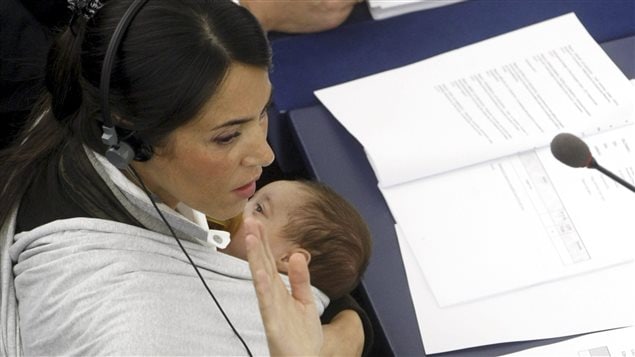For every extra month new mothers get paid maternity leave in low and middle-income countries, the infant mortality rate is reduced by 13 per cent, according to a study from McGill University and UCLA.
In other words, adding one month of paid leave prevents about eight infant deaths per 1,000 live births. The biggest effect occurred in babies aged between one month and one year.
Less stress, better health
Although the study did not look at why this happens, the researchers have some ideas. They think that paid maternity benefits reduce mothers’ stress levels and that such mothers have better health behaviours that are associated with better infant health.
“The idea is that if mothers have paid leave for a longer duration, they’re more likely to exclusively breast feed their child or receive essential vaccines,” says Arijit Nandi, a researcher and assistant professor at McGill University. They are also more likely to seek medical help if baby appears unwell.
Listen
Room for improvement exists
Nandi says low and middle-income countries could try to improve their infant mortality rates by increasing pay parental leave. Often they do not have much maternity leave, so he says there is room for improvement.
Only a few countries have no paid maternity leave. They include Papua New Guinea, Suriname and the United States. Many European countries do have such programs. Canada offers paid leave to both mothers and fathers and may expand its program.







For reasons beyond our control, and for an undetermined period of time, our comment section is now closed. However, our social networks remain open to your contributions.